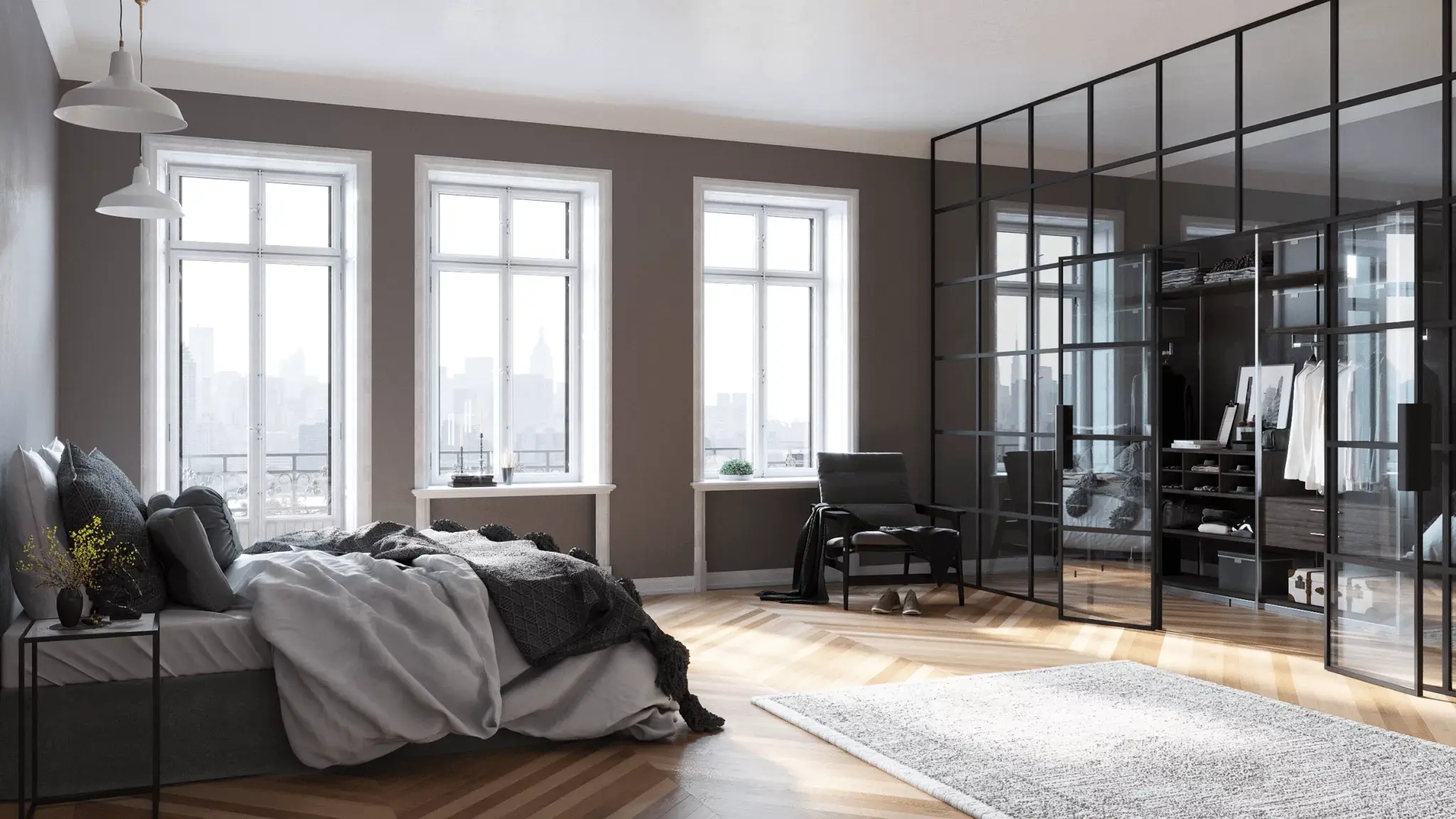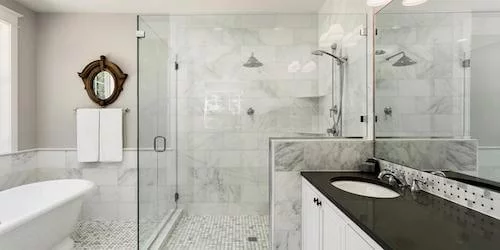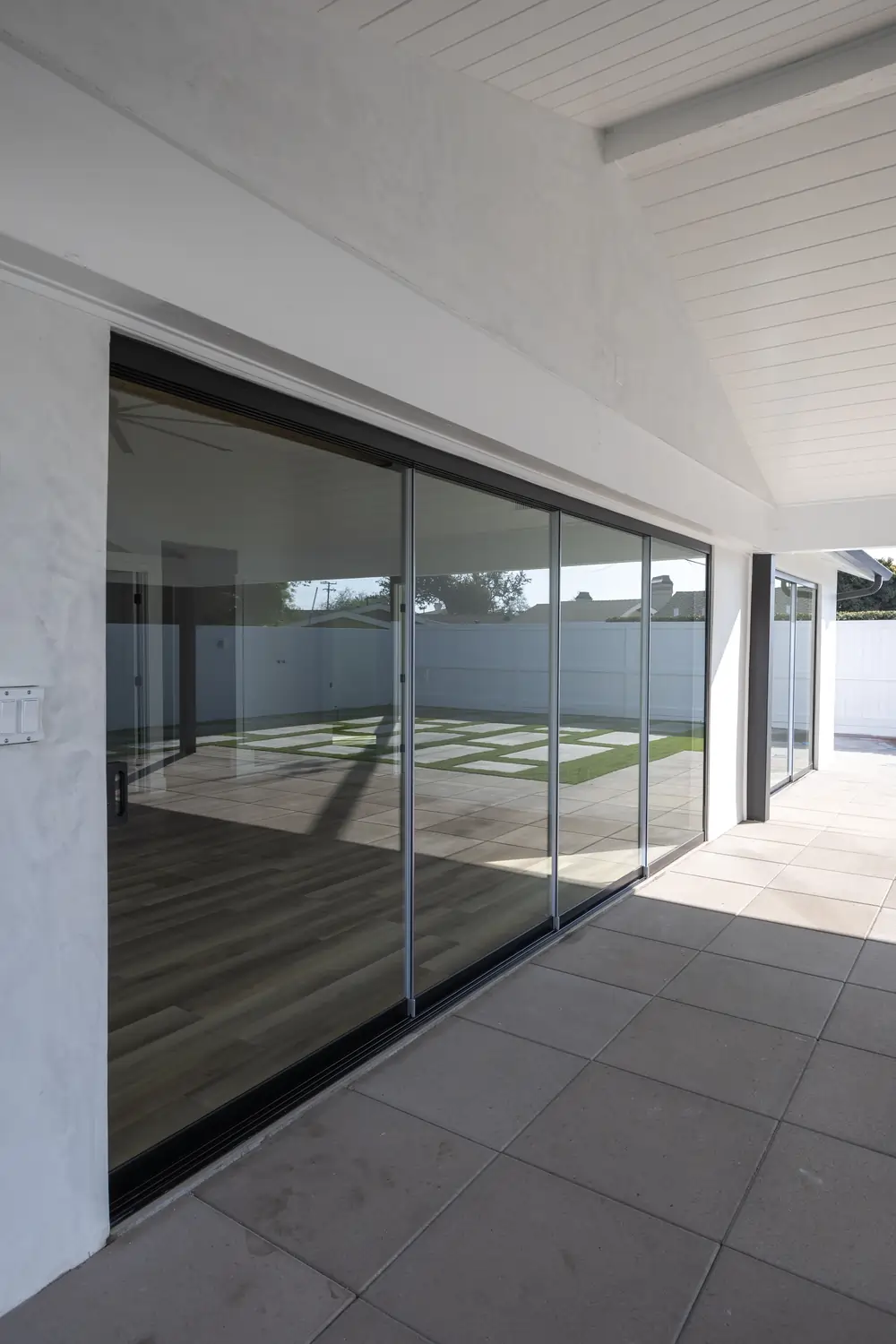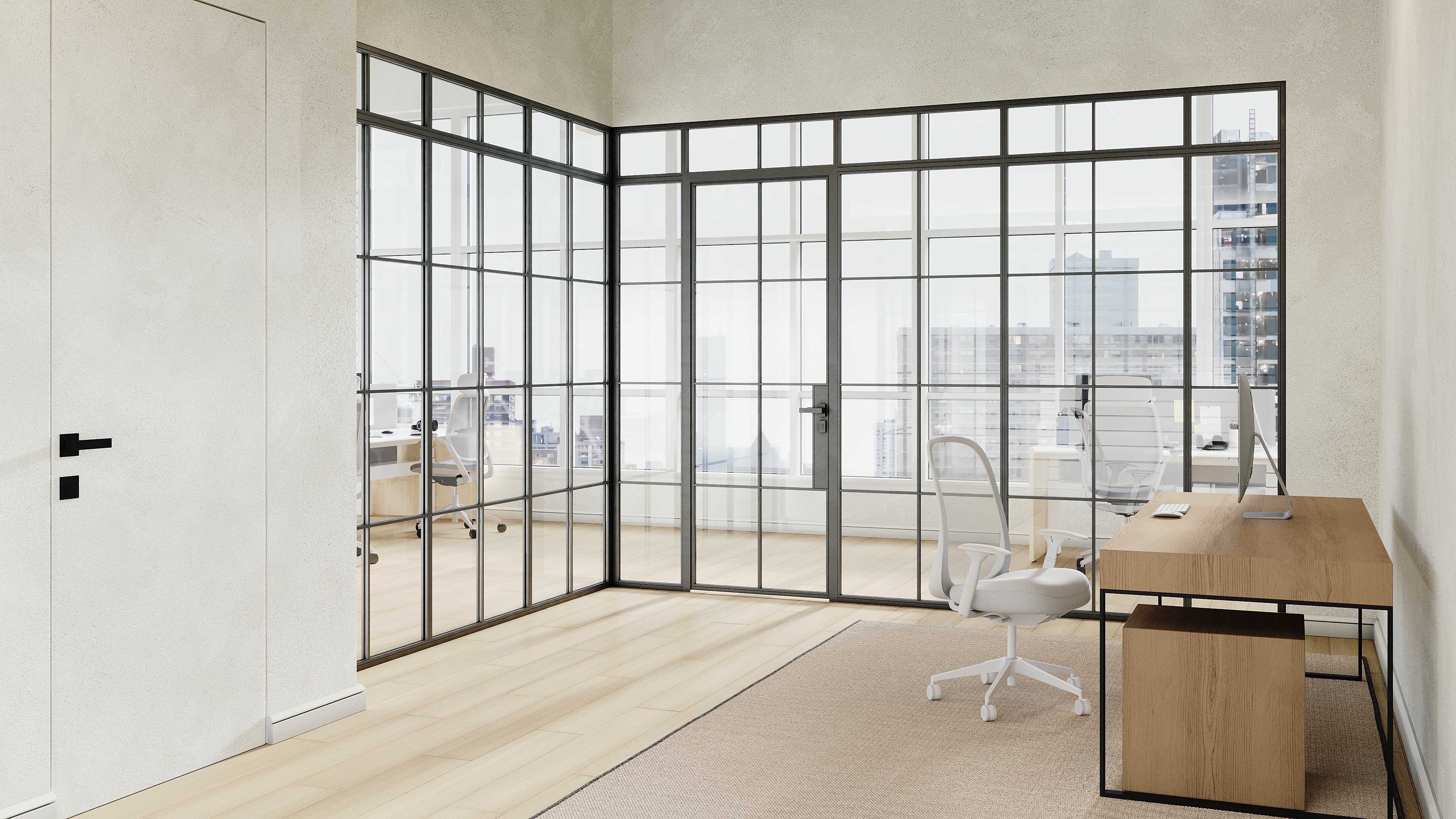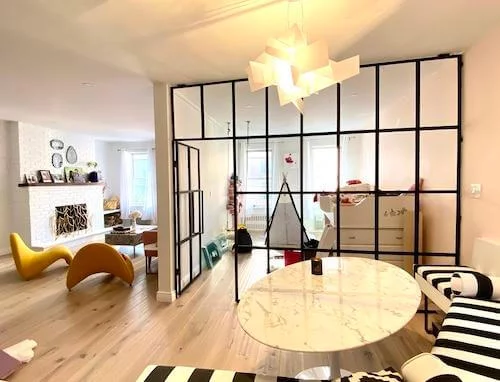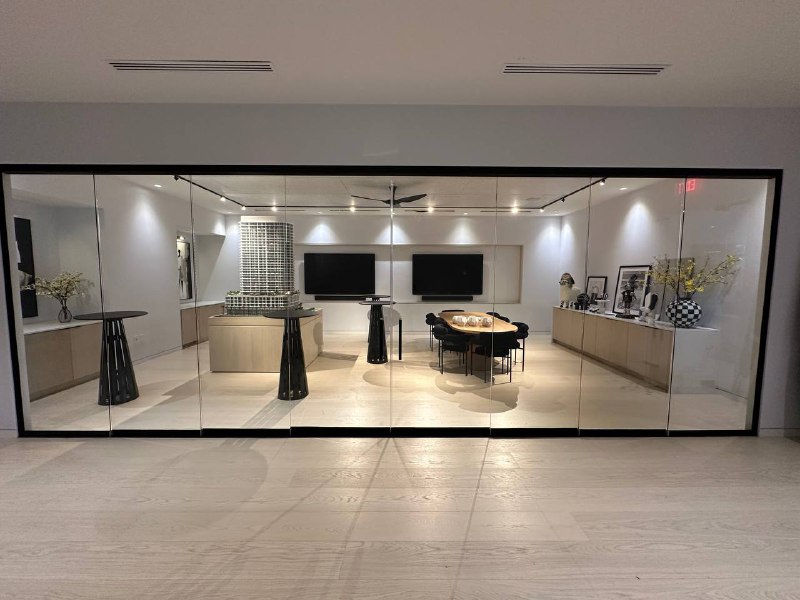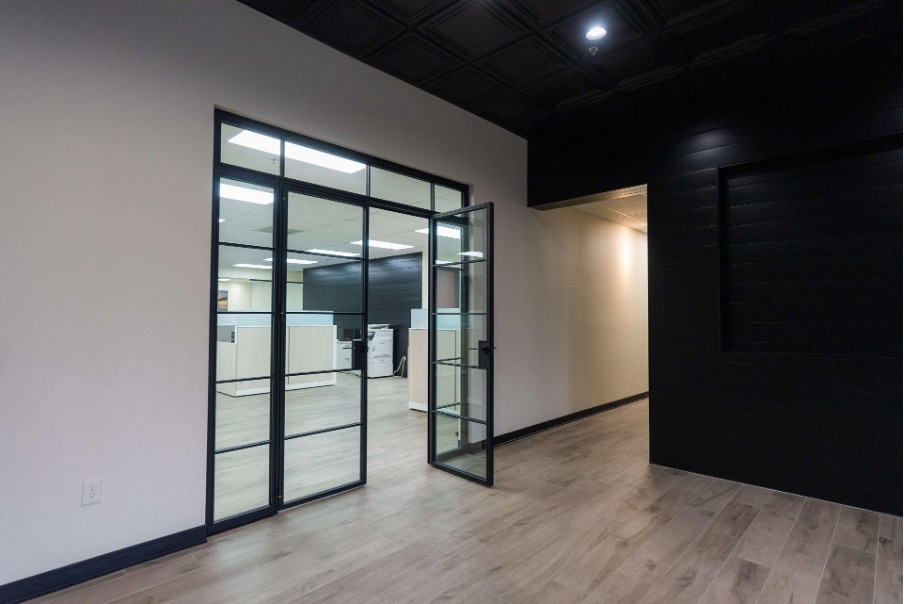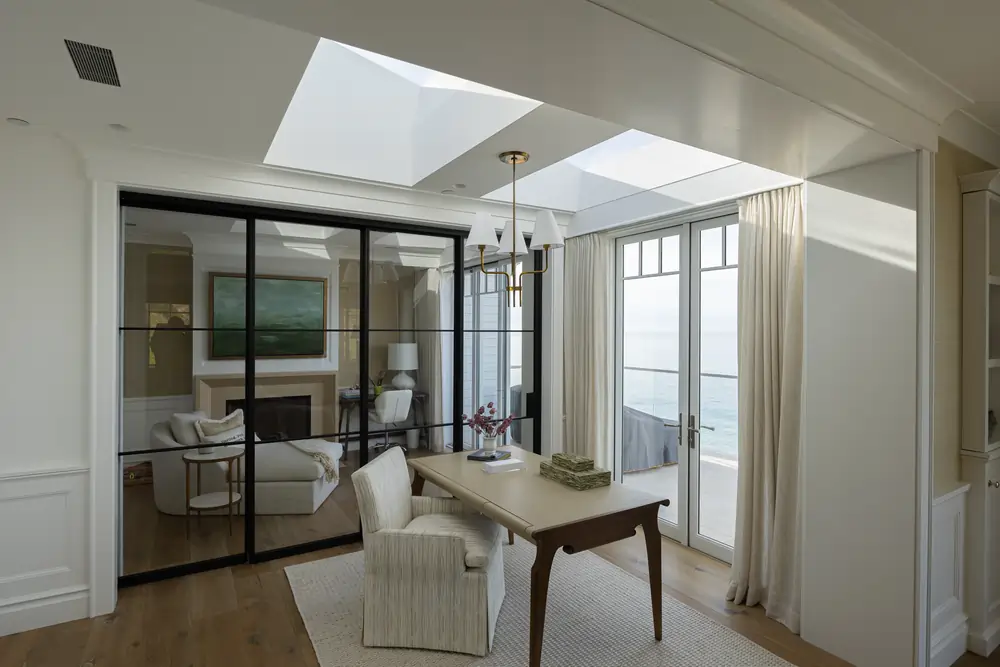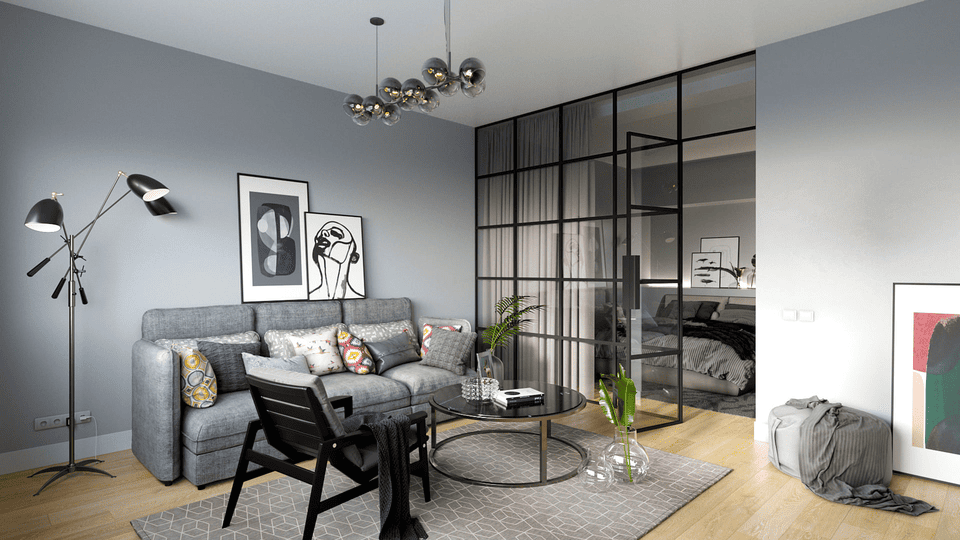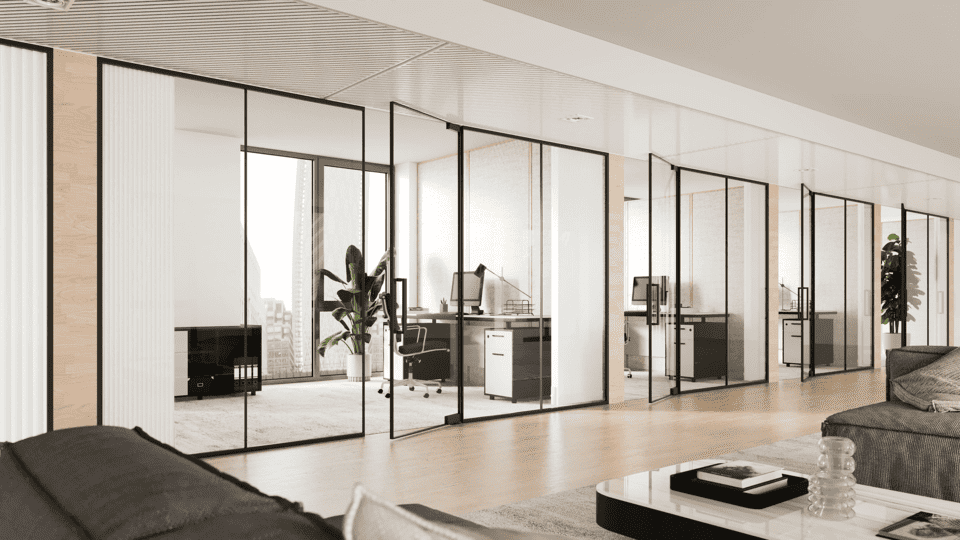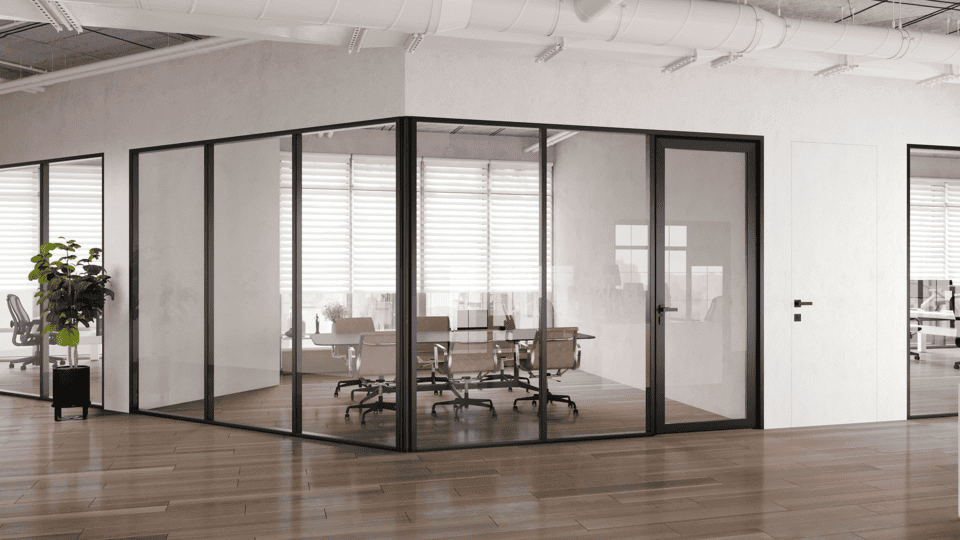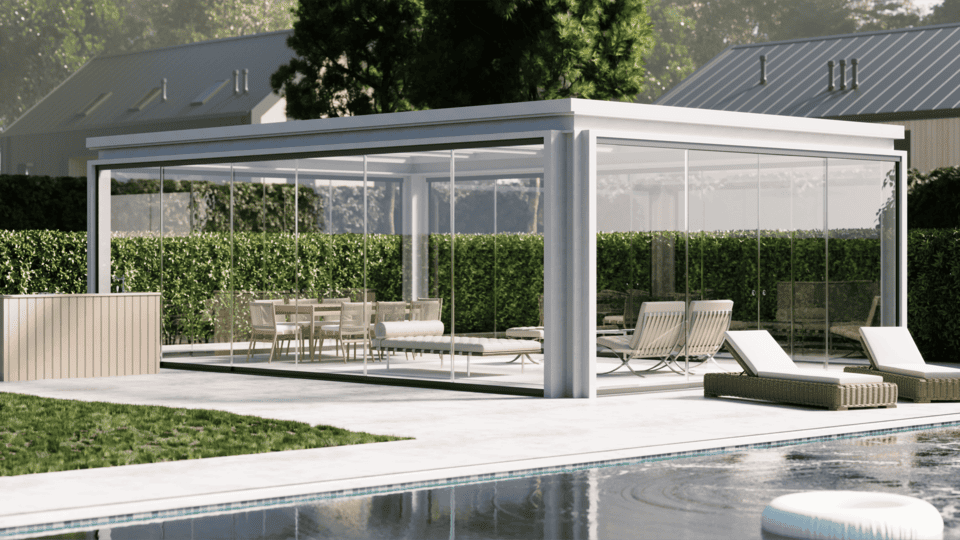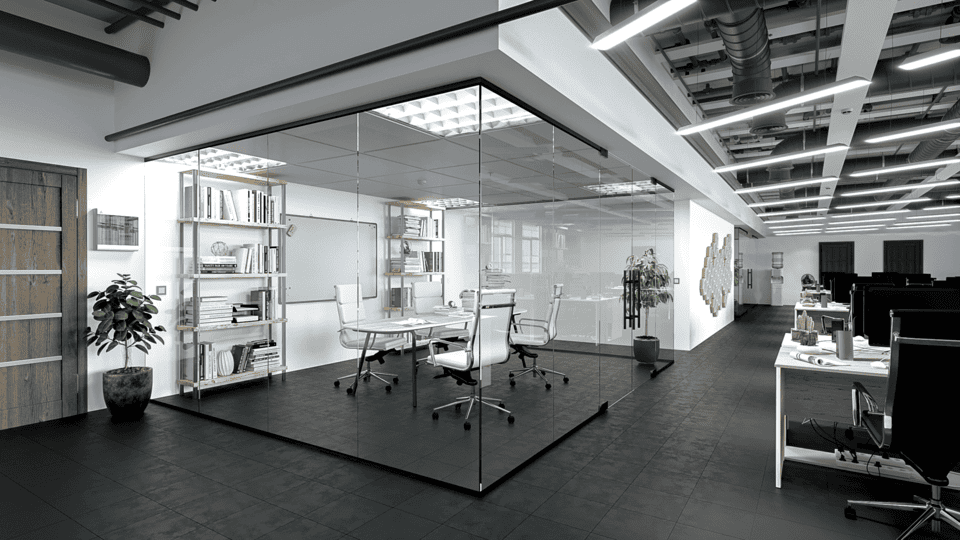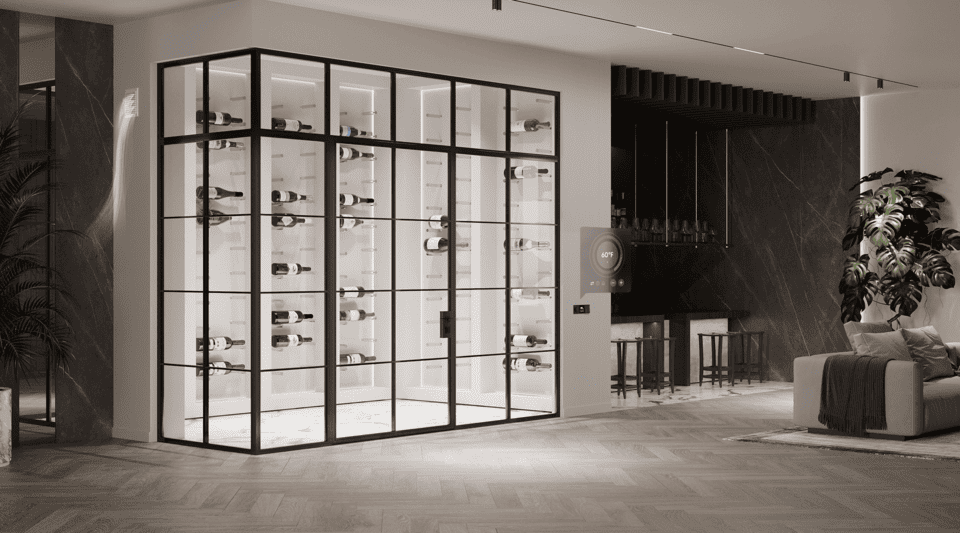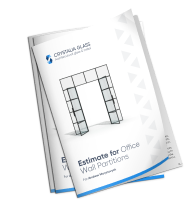Exploring the Elements of Slider Glass Design
Modern sliding glass design integrates several components that enhance both functionality and aesthetic appeal. The frame options range from minimalistic frameless designs to slender framed alternatives, each offering a distinct visual style. Panel configurations vary, including single, double, and telescopic sliding systems, accommodating different office sizes and needs. Hardware choices also play a crucial role, with options like concealed tracks, automated opening systems, and customized handles that enhance usability and security. These elements together contribute to the sophisticated appearance of glass sliding door design, making them a popular choice for contemporary office environments.
Understanding the Benefits of Tempered Glass
What Makes Tempered Glass Stand Out?
Tempered glass, often used in sliding wall systems, is known for its safety and durability. It is processed by controlled thermal or chemical treatments to increase its strength compared significantly to normal glass. Upon impact, tempered glass shatters into small, blunt pieces that are less likely to cause injury, making it a safer option for office environments.
Advantages of Using Tempered Glass in Office Design
Tempered glass sliding doors offer several benefits that make them an attractive option for office spaces:
- Enhanced Aesthetics: Tempered glass doors provide a sleek, clean look that can seamlessly integrate with any modern office décor.
- Space Optimization: Their sliding function saves space that would otherwise be required for door swing, making them ideal for small or confined areas.
- Noise Reduction: When installed with proper seals, these doors can help reduce the transmission of sound between spaces, supporting a quieter workspace.
- Easy Maintenance: Tempered glass is easy to clean and maintain, requiring only regular wiping to remain spotless and clear.
Customization Options: There is a range of customization options available, from frosted to tinted or decorative glass, allowing businesses to tailor their doors to specific privacy needs or aesthetic desires.
The combination of these features with the transparent nature of glass doors and walls significantly contributes to creating an open, airy, and modern office aesthetic that promotes a sense of openness and light.
Frequently Asked Questions About Tempered Glass Sliding Doors
What are the cost considerations associated with implementing tempered glass sliding doors compared to traditional solid doors?
Tempered glass doors may have a higher initial cost than traditional doors due to the manufacturing process and materials used. However, they offer long-term benefits such as durability and energy efficiency that can offset the initial investment over time.
Are there options available for incorporating smart technology features into tempered glass sliding doors for enhanced functionality and security?
Yes, modern sliding glass doors can be equipped with smart technology features such as automatic opening systems, touchless access, and integrated security locks that enhance functionality and security for office spaces.
Can tempered glass sliding doors be retrofitted into existing office spaces, or are they best suited for new construction projects?
Tempered glass sliding doors can be retrofitted into existing structures as well as incorporated into new construction designs. Retrofitting may require specific structural considerations but is entirely feasible with professional guidance.
What are the lead times and installation timelines typically associated with implementing tempered glass sliding doors in office renovations?
Lead times and installation timelines can vary based on the complexity of the project and the customization of the doors. Generally, lead times can range from a few weeks to several months, with installation taking a few days to complete depending on the scope of the project.
Are there any building code requirements or regulations that businesses need to consider when installing tempered glass sliding doors in their office premises?
Yes, the installation of tempered glass doors must comply with local building codes and regulations, which may dictate aspects such as glass thickness, door width, and emergency egress requirements. It is important to consult with local authorities or a professional installer to ensure compliance.
